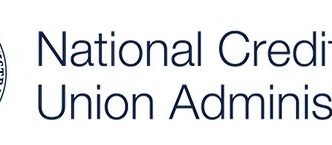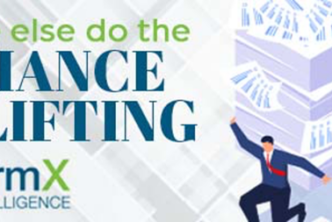By Michael Lee
Director of Regulatory Advocacy
A recent case in the 11th Circuit may relieve some anxiety for credit unions in Alabama, Florida and Georgia. The case, Glasser vs. Hilton Grand Vacations, Co., sets a clear standard for Telephone Consumer Protection cases in the 11th Circuit (Alabama, Florida and Georgia). The standard set is that phone systems requiring human intervention are not auto-dialers and, therefore, do not provide grounds for liability under the act.
In this decision, the court wrestles with problematic legislative drafting; inconsistent and contradictory regulatory interpretations of the statue and technological changes since the TCPA’s passage in 1991. Those technological advances make the interpretation of the statute in contemporary times a classic case of fitting a square peg into a round hole.
Hilton had a system in which its marketing personnel would choose customers that fit criteria for a sales call. The list was loaded into a program, and the sales agent would click an icon to call the customer. The plaintiff sued under TCPA regarding the unsolicited calls – however, the court noted that human interaction was essential for these calls and that they were not auto dialed. The court concluded that “telemarketers who dial lists of telephone numbers have three options …” They can get consumers’ consent, connect consumers with human representatives or face liability under the statute.
This case may give some comfort to credit unions that have struggled with complying with the TCPA while communicating with their members using contemporary communications technology. But there are a few scenarios – however unlikely – that could upset the apple cart: the Supreme Court could make a different ruling if this case is appealed; the FCC could finalize a rule that modifies some of the reasoning in the case; or Congress could finally amend the statute to reflect contemporary technology and marketing practices.
The LSCU Compliance team will be following this issue.





